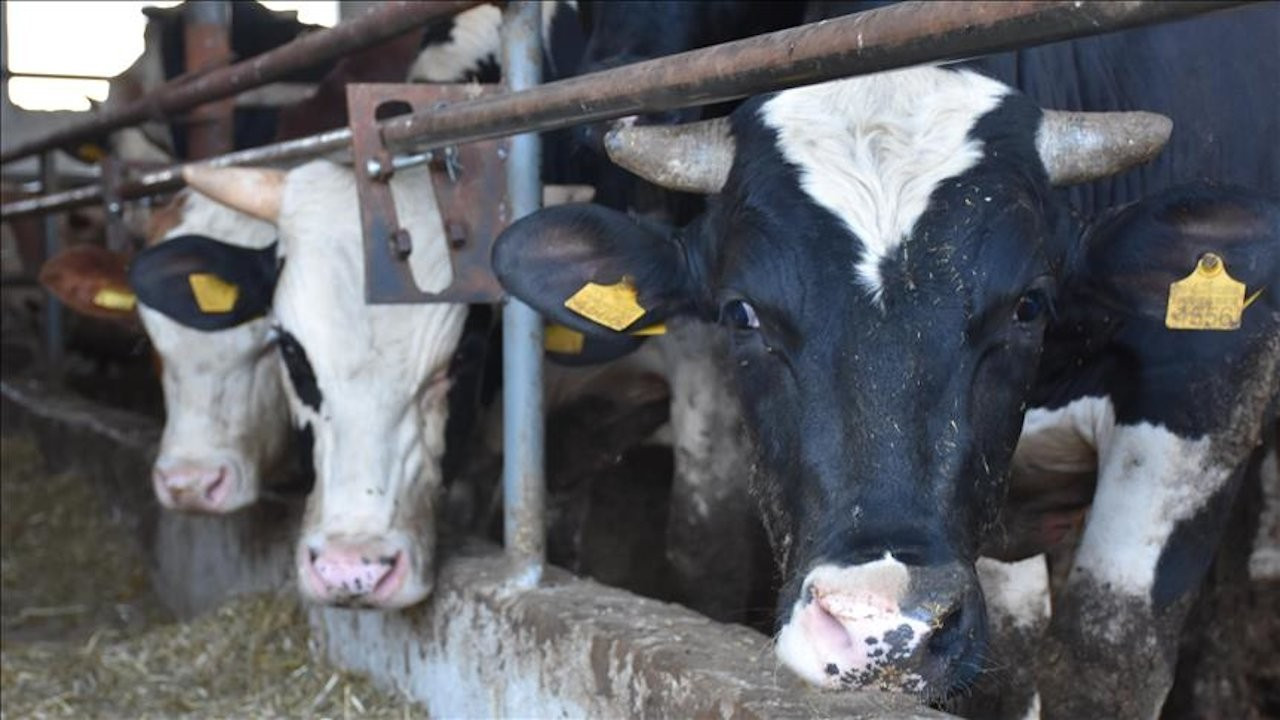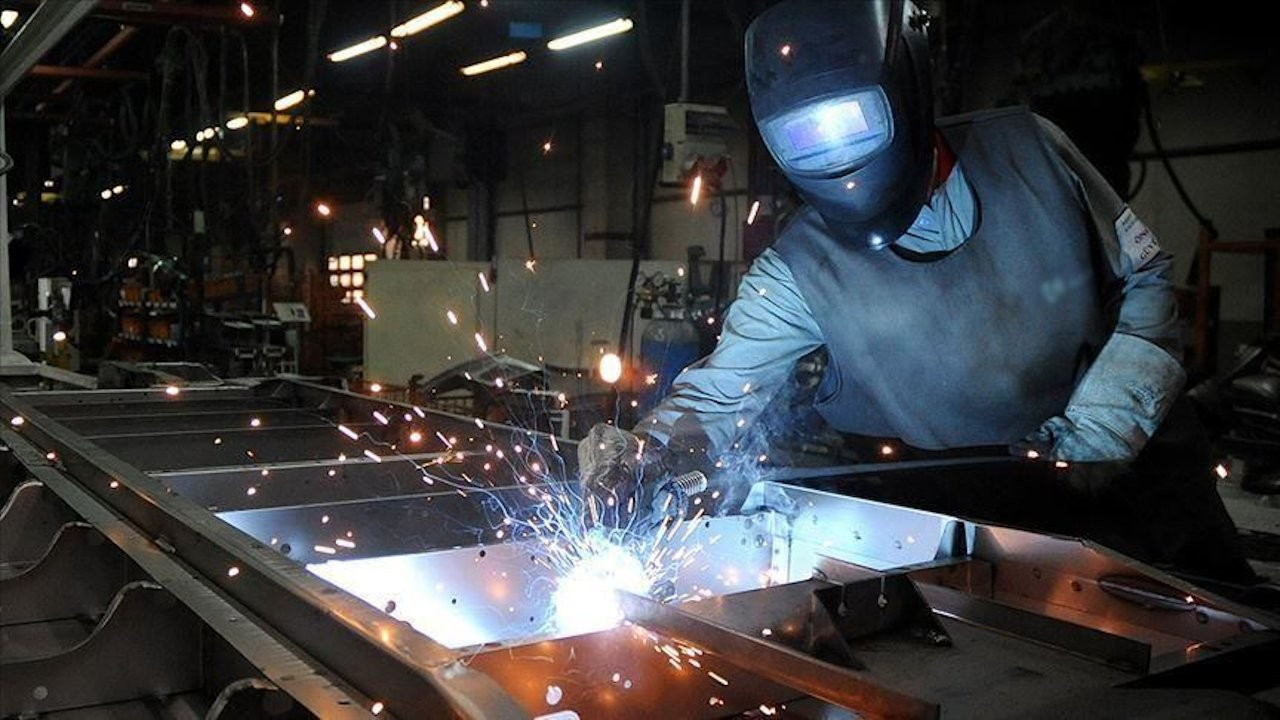Russia's Putin links price rise of 'borsch basket' to import costs from Turkey
Russian President Vladimir Putin has said that prices of vegetables making up the so-called “borsch basket” have sharply increased over the last year in the country mainly due to rising import costs from warmer countries such as Turkey.
Duvar English
Russian President Vladimir Putin on June 30 attended an annual televised phone-in with the country's citizens "Direct Line with Vladimir Putin" at the Moscow's World Trade Center studio in Moscow.
Putin was assisted by journalists Ekaterina Berezovskaya and Nailya Asker-zade during the program.
Putin got a video question from a woman who asked why bananas from Ecuador were more expensive than carrots imported from the nearby region.
“Mr President, tell us, please, why bananas from Ecuador – here is the price – are cheaper that carrots grown in neighbouring regions – this is the price tag,” the woman asked.
In response to the woman's question, journalist Asker-zade said carrots cost 110 rubles per kilo and bananas 70 rubles in the country.
Aftrwards, Putin launched into a tirade about growing global food prices and efforts of the government to curb inflation. He said that especially the prices of vegetables in the so-called “borsch basket” were on the rise.
Borsch is a traditional soup hailing from Russia and Eastern Europe. There is no universal recipe for borsch, but it usually consists of cabbage, beetroot, carrot and potatoes.
Putin said that Russia does not produce enough of the ingredients in the “borsch basket” and imports them from countries such as Belaraus and Turkey.
“This is because we ran out of some domestic products. Last year, we produced over 19 million tonnes of potatoes. This year we will have about 22 million – I hope this is more than enough. That is a million tonnes we missed. They bring vegetables not from a next-door region but usually from abroad, from Belarus, or Turkey where it is warmer. Naturally, in this context it is important to look at logistics. How much will it cost with this kind of shipping, and so on, he said.
“Look, the global food price indices are the highest in 10 years. Regrettably, this is a global trend; food prices are increasing everywhere. Of course, this affects us as well, considering that Russia is part of the global economy,” he said.

 Yield losses, rising prices force Turkish milk producers to slaughter animalsEconomy
Yield losses, rising prices force Turkish milk producers to slaughter animalsEconomy Rising cost of raw materials, logistics, and heavy taxes hit Turkish industry hardEconomy
Rising cost of raw materials, logistics, and heavy taxes hit Turkish industry hardEconomy